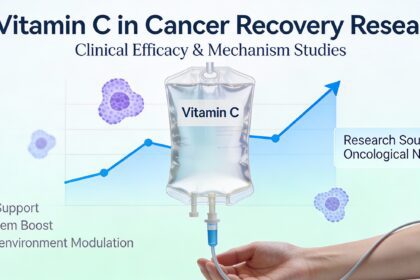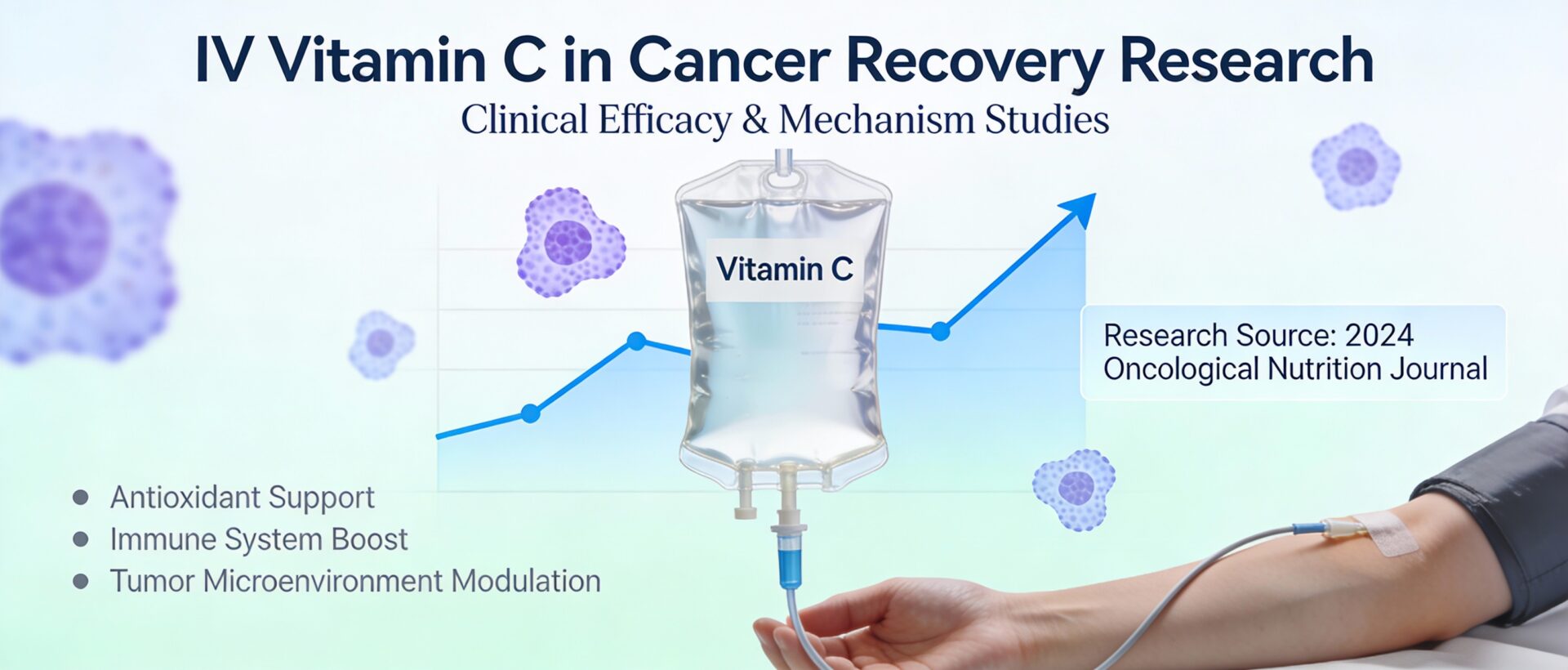Testosterone is an important hormone that plays a vital role in men. However, there are certain foods that can lower testosterone levels when consumed in excess. In this article, we will examine foods that have been shown to negatively impact testosterone production and reduce circulating testosterone levels in the body.
Before we dive in, it’s important to note that everyone is different. Some people may react differently to certain things than others, and it’s important to check with your doctor when making any changes to your diet or lifestyle.
Quick Summary
| Food Category | Reasons for Negative Impact on Testosterone |
| Processed Foods | – Contain EDCs from plastic packaging. – High glycemic index leading to blood sugar and insulin spikes. – Contribute to obesity. |
| Sugary Foods | – Damages cells in the testes. – Increases conversion of testosterone to estrogen. |
| Soy Products | – Contain phytoestrogens which mimic estrogen. – Excessive consumption can decrease testosterone levels. |
| Dairy Products | – Natural and artificial hormones can disrupt hormonal balance. – Affects testosterone levels. |
| Alcohol | – Contain phytoestrogens, which mimic estrogen. – Excessive consumption can decrease testosterone levels. |
| Trans Fats | – Found in fried and baked goods. – Increase bad cholesterol and decrease good cholesterol, affecting testosterone production. |
| Mint | – Some studies suggest it may lower testosterone levels due to anti-androgenic properties. |
| Vegetable Oils | – High in polyunsaturated fats. – Affect the body’s ability to synthesize testosterone. |
The Importance Of Testosterone
Before we discuss the foods that are bad for testosterone, let me tell you exactly why having your testosterone at normal levels is very important (especially as you age). Here are the key benefits of keeping your test at healthy levels.
Sexual Health
The first one is one that many men care about, and that’s sexual health. Keeping your test at healthy levels allows you to keep your libido high and is also essential for reproductive health.
Bone Health
Second up is bone health. As we age, bones tend to slowly break down. However, when you have healthy test levels, your bones are slow to break down. If you have a low test for a good period of time, this increases the risk of weak bones or even getting osteoporosis.
Muscle Mass and Fat Distribution
Another thing that tends to break down as you age is your muscles. Testosterone is the thing responsible for keeping your muscle mass and strength up there as you age. If you have a low test, you may see a huge decrease in muscle mass, which will then be replaced by more fat throughout your body.
Red Blood Cell Production
Testosterone aids in the production of red blood cells through your bone marrow. These cells provide oxygen to your body and help convert fat and carbohydrates into energy. By stimulating red blood cell formation, testosterone gives you the fuel needed for peak performance and activity.
Cognitive Function
As you get older, there are some cognitive downsides as well. Research has shown that keeping testosterone at health levels can increase your mental function in areas such as mathematical reasoning, verbal memory, and concentration. It has also been shown to reduce your risk of developing dementia and Alzheimer’s disease as you age. By restoring testosterone levels back to a youthful range, you may counteract some of the age-related declines in quick thinking, recall and problem-solving abilities.
Mood and Energy Levels
Believe it or not, it’s not only your environment and habits that play a role in your energy levels and mood. Your testosterone also plays a role.
Heart Health
One last reason, which is a very important one, is heart health. Low test levels are linked to a variety of cardiovascular risks.
Now that you know why it’s so important to keep your test levels in a healthy place, let’s go over some signs and symptoms of low testosterone levels.
Signs and Symptoms Of Low Testosterone
Along with the importance of testosterone, it’s also important to know the symptoms of low test as well. The most common signs of low test levels are:
- Reduced Sex Drive
- Erectile Dysfunction
- Fatigue and Low Energy Levels
- Loss Of Muscle Mass
- Increased Body Fat
- Thinning Hair or Hair Loss
- Mood Changes
- Increased Body Fat
- Decreased Bone Density
- Changes In Sleep Patterns
- Difficulty With Memory and Concentration
Now that we’ve explored the basics of testosterone (the importance and signs of low test), let’s talk about how our daily dietary choices could influence these levels.
Foods That May Negatively Impact Your Testosterone LevelsFoods That May Negatively Impact Your Testosterone Levels
Unfortunately, the modern diet hasn’t been the best for testosterone levels. The foods we’ve been accustomed to eating on a regular basis often work against healthy hormone balance. Here are the top categories of eats that might be secretly torpedoing your testosterone over the long run:
Processed Foods & Excess Sugar
The first category of foods we’re going to discuss is processed goods and excess sugars. Let’s start with the processed aspect.
Processed Foods
Processed foods are bad for your test levels for many reasons. The first reason is because of the food packaging. They come in plastic packaging, which could contain EDCs. These chemicals get into our food and, in return, play around with our hormones.
The second reason why processed foods are not good for our hormone levels is because most of them have a high glycemic index. This means that they are quickly digested. Because of this, you could end up with spikes in blood sugar and insulin, which could disrupt your hormone levels.
Lastly, they could contribute to weight gain. Obesity is one of the leading causes for low testosterone.
Sugary Foods
When you have foods that are high in sugar, the body releases insulin rapidly. This leads to a sharp decrease in testosterone levels. According to a study published by the Clinical Endocrinology Journal in 2013, high sugar ingestion could cause a man’s testosterone levels to drop by 25%.
Soy Products
Soy products like tofu, soy milk, edamame and many others could cause your test to plummet due to the fact that soy products contain phytoestrogens, which are compounds that mimic the hormone estrogen within the body. With that being said, it’s important to limit your soy intake and make sure you don’t consume it in excess amounts.
Dairy Products
Not only does the natural hormones found in milk have the ability to disrupt the body’s hormonal balance, but artificial hormones are also used a lot within the dairy industry, which can also affect testosterone levels on a much deeper level.
Alcohol
Other than having a good time, alcohol isn’t good for much else. Alcohol consumption on a regular basis can lead to a large decrease in test levels. This is because alcohol could damage your cells within the testes where the test is produced. It can also increase the conversion of test into estrogen.
Trans Fats
If you like to eat fried and baked goods, you should be careful and try to limit these treats as well because the trans fats found in these types of foods could increase the bad cholesterol levels and decrease good cholesterol levels, which can also lower testosterone levels.
Mint
This is one that many people probably wouldn’t expect, but there are some studies out there that imply that mint may lower testosterone levels.
Vegetable Oils
Lastly, you need to look out for products that contain vegetable oils. Not only are they not good for you in general, but when it comes to your testosterone levels, these oils could affect your body’s ability to synthesize tests. These include oils like soybean, corn, and cottonseed oil, which are high in polyunsaturated fats which can potentially lower testosterone levels. These oils can affect the body’s ability to synthesize testosterone.
Holistic Strategies for Testosterone Management
Although there are many different ways to keep our testosterone on a healthy level, having a good diet is a nice way to start. The first thing you should do is monitor all the foods within your diet that are on this list & see if you’re consuming a high amount of any of them.
As we stated in the intro paragraph, it’s also extremely important to speak with your doctor in order to get personalized advice and ensure that any dietary changes you make are safe and appropriate for your specific health needs.
Frequently Asked Questions
Can improving my diet increase my testosterone levels?
Yes. If you focus on implementing a diet that contains sufficient levels of zinc, magnesium, and vitamin D you could slowly but surely improve the likelihood of healthy test levels. However, there are many other lifestyle factors you need to take into consideration.
How Often Should Testosterone Levels Be Checked?
In order to see the results of lifestyle changes, your testosterone levels should be checked every 3 to 6 months.
Does age change how my diet influences my testosterone levels?
As men age, it’s normal for their test levels to fall. So yes, if your diet is bad in combination with aging, there is a good chance your test could be low.
























